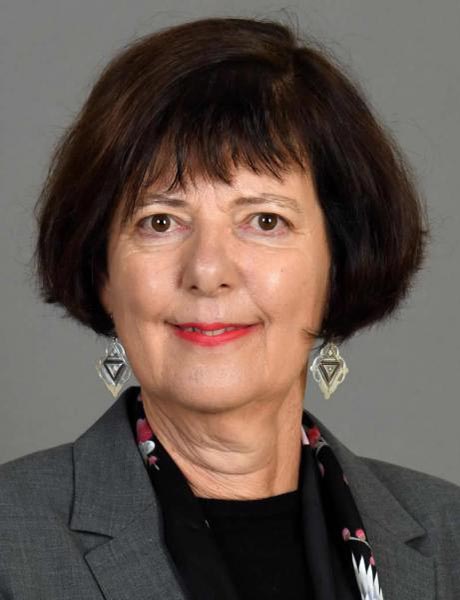Remarks delivered by Minister Barbara Creecy during the high-level dialogue on delivering a Gender-Responsive Just Transition for all at UNFCCC COP28 in Dubai, UAE
03 December 2023
Good afternoon, ladies and gentlemen, it is my pleasure and honour to be invited to this important meeting.
Let me start by saying that acknowledging that climate change impacts are not uniform across demographics, regions, or genders is crucial. Women and children, often among the world's poorest, bear disproportionate effects due to their reliance on threatened natural resources.
However, it's vital to recognize women's roles as formidable leaders and catalysts for climate action, drawing from their extensive knowledge, historical perspectives, and nurturing expertise.
I also believe that all of us gathered here today have one way or the other witnessed devastating extreme weather events. It could either be flooding or severe drought that in the African context has increasing food insecurity, and wildfires that destroy vast tracks of land.
The threat of climate change to agricultural production, food security and human settlements is a matter of grave concern for South Africa. Moreso if we consider that the reports from the 66th Commission on the Status of Women (CSW) which indicated that human pressures will push one million species towards extinction in the coming years. If left unchecked, these interlinkages between climate change, biodiversity loss, desertification, land degradation, pollution and the Covid-19 pandemic could unleash devastating effects on humanity, especially for African women.
The concept of Just Transition in this context means that the rural farming communities of largely women will thus need to be assisted in transforming from unsustainable production, consumption and land use patterns towards climate resilient agricultural practices.
Ladies and gentlemen,
Another issue confronting
g us relates to the economic and transition risks posed by climate change which could widen the gender gap, including gender violence. It is thus correct to say that conversations about Just Transitions ought to consider a comprehensive shift involving all facets of society and the economy, aligning with sustainable development and the entitlement to development to tackle issues like poverty, inequality, and joblessness.
In South Africa, we developed the Just Transition Framework that speaks to these issues. The South African Just Transition framework underscores, combating climate change is not only an environmental imperative, but an economic one as well.
In many parts of South Africa women are involved in informal economic opportunities and many are household heads, there is a very high proportion of single headed household in South Africa.
The Framework is also premised on the philosophy of inclusion, public participation, and the integrated approach to governance. Ensuring that Women are not left behind in the just transition.
The framework also sets out the skills development, economic diversification, social support, governance, and finance mechanisms required to make low carbon economy a reality in the Country.
In conclusion, let me say that it is important to guarantee the integration of women in economic and development processes through amongst others by ensuring that women and children have:
Access to education, training and upgrading.
Access to proactive programmes and projects.
Access to and control over productive resources including access to land and ownership rights.
Access to markets (land, labour, financial and product markets); And are empowered to be able to generate income from the use of their own labour.
I thank you.


